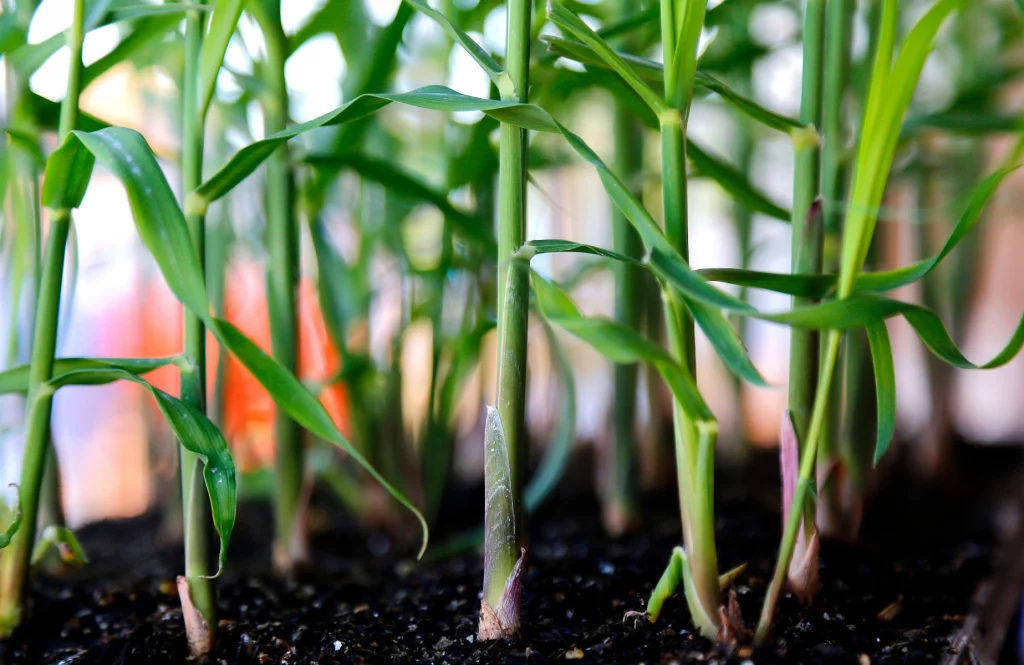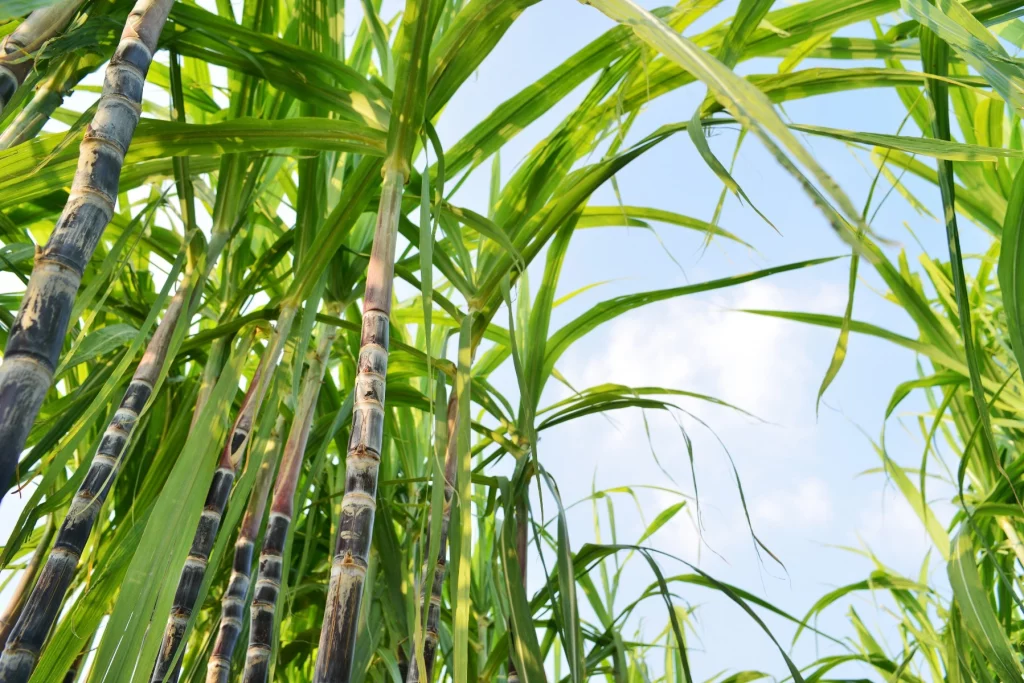Right now, climate change and plastic pollution are two of the biggest challenges we all face. Recently we’ve noticed that more people are talking about the plastic problem – which is great – because it’s an issue that needs to be tackled.
Since ecostore started in 1993, we’ve been committed to making products that are safer for people and our world. This philosophy goes hand in hand with ensuring we create packaging that is as sustainable as possible – it’s hugely important to us and we take this responsibility very seriously.
Most plastic is made from non-renewable petrochemicals. The extraction process and conversion into plastic release carbon into the atmosphere, adding to climate change. So, a number of years ago we challenged ourselves to find a packaging alternative that is safer for our planet.
And we found one. It’s plastic made from sugarcane.
Sustainably sourced from Brazil
Our sugar plastic helps reduce your carbon footprint, and we’ve done our homework to make sure it is a sustainable choice behind the scenes too. We needed to find an alternative to traditional plastic that lived up to the highest possible standards of social and environmental responsibility, and we identified sugarcane plastic as the best option.
We chose sugar plastic for a number of reasons, but the best one is that it comes from a renewable source – and that it actually removes carbon from our atmosphere. Just like trees, as sugarcane grows it takes carbon out of the atmosphere. Sugarcane husks even generate bio-electricity in the factory that makes the sugar plastic, making the production process even more sustainable.
90% of sugarcane cultivation and harvesting in Brazil is concentrated more than 2000km from the Amazon Rainforest Region, and a government regulatory framework bans planting in areas with high levels of biodiversity. Commonly planted on degraded pasture land, sugarcane helps recover the soil – and sugarcane bagasse, a waste product from the crushing process – is often used to generate electric power to supply the entire ethanol production process. The crop is primarily rain-fed and produced using organic fertilisers. As well, sugarcane production is carried out under a grower/supplier code of conduct that affords new rights to workers and ensures they have a better quality of life.

Our dream for a better world
Since moving to sugar plastic in 2014, we’ve saved 7,676 tonnes (1) (and counting) of carbon from being released into the air – that’s as much as driving a car from Hong Kong to Shanghai, 25,000 times!
Our Auckland-based factory is also the only manufacturer in Australasia with ISO9001, ISO14001, Toitu Enviromark Diamond, and Toitu CarboNZero certifications. These certifications are your guarantee that our products are made with respect and care for our environment. Since 2011, we’ve also been offsetting our carbon by contributing to New Zealand native forest regeneration and investing in renewable energy generation.
Across the ecostore retail range, our bottles now contain a mix of renewable sugar plastic and recycled plastic. Our sugar plastic bottles are also 100% recyclable at our Auckland factory, so they can be remade into new bottles. However, plastic that’s not recycled properly adds to landfills and pollutes the ocean. Our vision is for zero waste and we’ll continue to innovate to make our packaging more sustainable. (Please note: our 4.5kg, 5kg, 5L, and 20L bulk formats are made from standard HDPE. We’re working on this.)
Last but not least, while recycling is great, refilling is an even better option. To make this easier, we already have over 200 locations around the world where you can refill your ecostore favourites (with more planned).
